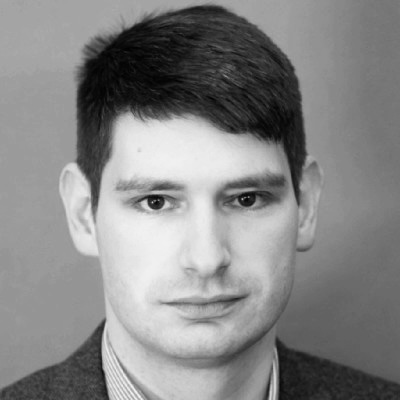In this session, Alice Fremuth-Wolf, former Secretary General of the Vienna International Arbitral Centre and current market head for Austria and Central Europe at the Swiss-based funder Valion, shared her practical experience in third party funding (TPF). The conversation, moderated by Patricia Gannon, explored the realities of securing funding, the role of funders in arbitral proceedings, and the future of the funding landscape.
How Fremuth-Wolf Entered the Funding Sphere
Fremuth-Wolf first encountered third party funding while working at the Vienna International Arbitral Centre, where a revision of the arbitration rules raised the question of including a funding provision. Her exposure deepened when she joined Valion to lead its Austrian and Central European markets, diving into what she called “a very steep learning curve” in the economics and risk analysis of funding.
She emphasised that funders “look at cases from a completely different angle than lawyers,” assessing not just the legal merits but also the practical enforceability of any award. “We always start with enforcement,” she noted. “If there is no chance of enforcement, we stop right there.”
The Real Risk Factors
Enforcement is only the starting point. Funders evaluate numerous other variables — the solvency of the respondent, the credibility of the claimant, and the capability of the legal team. Fremuth-Wolf clarified that while artificial intelligence assists with data organisation, “AI does not decide which cases to fund. That decision remains entirely human.”
Due diligence is both legal and financial. Funders require a detailed memo outlining the amount in dispute, expected duration, and legal strategy. Lengthy cases, particularly investment treaty disputes, often become commercially unviable because “funding gets more expensive the longer it takes.”
Case Selection and Due Diligence
Every funder applies its own criteria. Fremuth-Wolf described a multi-stage process: assessing the law firm, verifying the claimant’s background, and ensuring the case fits the funder’s geographic and financial portfolio. If weaknesses are identified — particularly regarding damages calculations — external counsel or quantum experts are brought in.
The aim, she said, is to “test the case from all angles,” adopting a devil’s advocate stance. Far from fuelling frivolous litigation, funders act as rigorous gatekeepers. “If we invested in frivolous cases, our work would be in vain,” she stated. “We make sure cases are super sound.”
Why Funding Has Become Harder to Obtain
Fremuth-Wolf acknowledged that applicants today face tighter selection criteria. “A few years ago, there was a lot of money in the market. Now, with higher interest rates, funders are more cautious because there’s less money to deploy.”
This economic shift, combined with increased risk awareness, means that the approval rate for funding applications has fallen. Still, she emphasised, “It’s not that funders have become unfriendly — they are simply more selective.”
Collaboration with Legal Teams
Once a case is funded, Fremuth-Wolf explained, “we step back.” While funders remain available as sparring partners, they do not interfere in legal strategy. Over-involvement could risk the enforceability of the funder’s success fee under European legal norms restricting non-lawyer legal advice.
That said, she recognised the “psychological effect” of funding approval. “When a case has been vetted by a reputable funder, it sends a signal — not just to opposing counsel but also to the tribunal — that someone has looked closely and believes in the case.”
Respondent-Side Funding and Settlement
Fremuth-Wolf described defence-side funding as “much trickier,” since there are no proceeds from which to recover a funder’s return. Defining and securing “success” is complex, though she advocated for states and state entities to work with — rather than against — funders to develop viable models.
On whether funding encourages settlements, she noted that, for states, internal accountability remains a major obstacle: “It’s easier for a government official to wait for an award than to take responsibility for a negotiated payment.”
Lessons Learned and Evolving Practices
When cases fail, Fremuth-Wolf said funders conduct “lessons learned” reviews to refine law firm selection, improve quantum analysis, and maintain internal arbitrator databases. The goal is to avoid repeat errors and strengthen future due diligence.
Insurance and secondary markets are emerging tools for risk management. Some funders now use after-the-event insurance or transfer parts of their portfolios to other funders. “Everything is possible,” she said, “but it’s still a specialised market — few insurers truly understand it.”
Ultimately, Fremuth-Wolf sees growth ahead. Yet entry barriers remain steep for both funders and investors. “It’s a risky business,” she admitted, “but with high potential — provided you know what you’re investing in.”
Strategic Takeaway
Third party funding has matured into a sophisticated, data-driven component of international dispute resolution. For law firms, success depends on disciplined case preparation and transparency. For funders, survival depends on selectivity and strategic insight. As Fremuth-Wolf concluded:
“Our job is to bring light into the funding darkness — and to make sure that every case we take on is one we truly believe in.”




